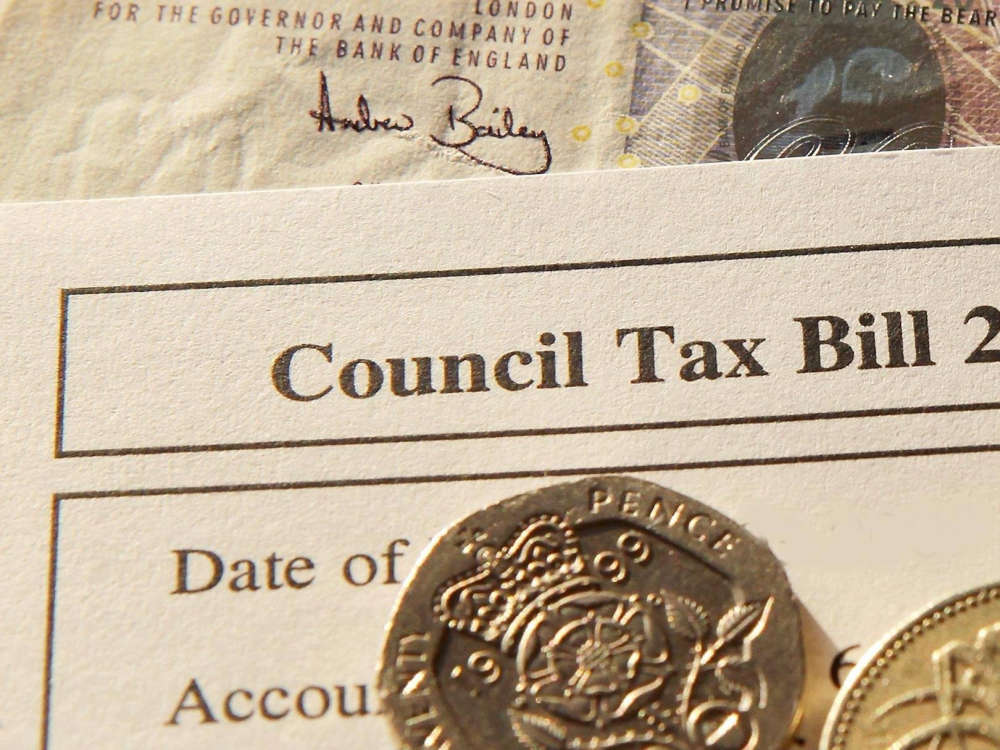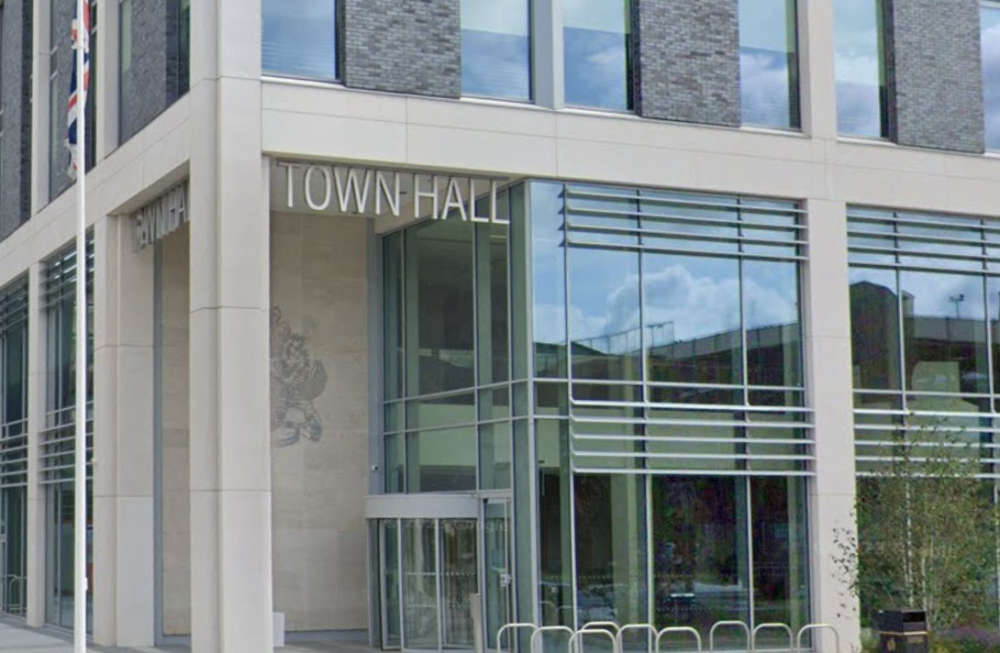
Action Fraud has received 139 crime reports relating to fake text messages purporting to be from the UK government about the Energy Bill Support Scheme.
Energy Bill Fraud
The texts state that the recipient is “owed” or “eligible” for an energy bill discount as part of the scheme.
The links in the emails lead to genuine-looking websites that are designed to steal your personal and financial information.

How to protect yourself
- Energy Bill Discount : £400 off energy bills for households in Great Britain from October 2022. You do not need to apply for the scheme and you will not be asked for your bank details.
- Spotted a suspicious text message? Forward it to 7726 (it’s free of charge). If you forward a text to 7726, your provider can investigate the origin of the text and arrange to block or ban the sender, if it’s found to be malicious.
Loan Fraud
With the cost of living rising the need for loans and financial support also increases as many struggle to pay household bills without extra help. Sussex and Surrey Police have seen several reports of loan fraud whereby fraudsters have exploited many victims looking for loans.
In one case, a 28-year-old from West Sussex was looking for a loan online. The victim visited a number of loan websites wanting to borrow £6,500. The victim was later called by a supposed loan firm offering to loan him the full amount, but in return he would be required to pay an upfront fee of £125 which would be refunded back to him.
In need of funds, the victim transferred £125 to the firm as requested. The fraudster then cut all contact leaving the victim at a loss.
How to protect yourself
- When applying for a loan, you should only deal with FCA authorised firms. You can check the Financial Services Register to see if a firm is regulated by the FCA
- Check the firm’s contact details match the details on the Financial Services Register
- Do not be put under pressure, fraudsters may tell you to act quickly
- Be wary of anyone contacting you out of the blue offering you a loan or financial advice
Tax Fraud - advice for students
HM Revenue and Customs say students starting part-time work while at uni are particularly vulnerable to scams, with fraudsters pretending to be HMRC and offering them tax rebates.
Just started at university? 🧑🎓 Young people entering part-time work are vulnerable to scams.
— HM Revenue & Customs (@HMRCgovuk) October 3, 2022
Always be aware of scammers pretending to be HMRC and offering a ‘tax rebate.’
Report anything suspicious to HMRC here: https://t.co/cZ7PG3qt93 pic.twitter.com/OVamlospFy
For more information on how to stay secure online, please visit www.cyberaware.gov.uk


 Officers Release New Images Following Chichester Assault
Officers Release New Images Following Chichester Assault
 Sussex Apprentices Share Experiences During National Apprenticeship Week
Sussex Apprentices Share Experiences During National Apprenticeship Week
 Appeal After Repeated Criminal Damage At Crawley Address
Appeal After Repeated Criminal Damage At Crawley Address
 Former Hove Scout Leader Jailed For Dozens Of Child Sex Offences
Former Hove Scout Leader Jailed For Dozens Of Child Sex Offences
 Men Found Not Guilty Of Rape In Eastbourne
Men Found Not Guilty Of Rape In Eastbourne
 Crawley Residents To Face April Council Tax Rise
Crawley Residents To Face April Council Tax Rise
 Appeal Over High-Value Distraction Theft In Brighton
Appeal Over High-Value Distraction Theft In Brighton
 Appeal In Connection With Burglary Near Eastbourne
Appeal In Connection With Burglary Near Eastbourne
 Crawley Tenants Set To Be Hit By Rent Increase
Crawley Tenants Set To Be Hit By Rent Increase
 Stone Balustrade To Return To Seafront Building
Stone Balustrade To Return To Seafront Building